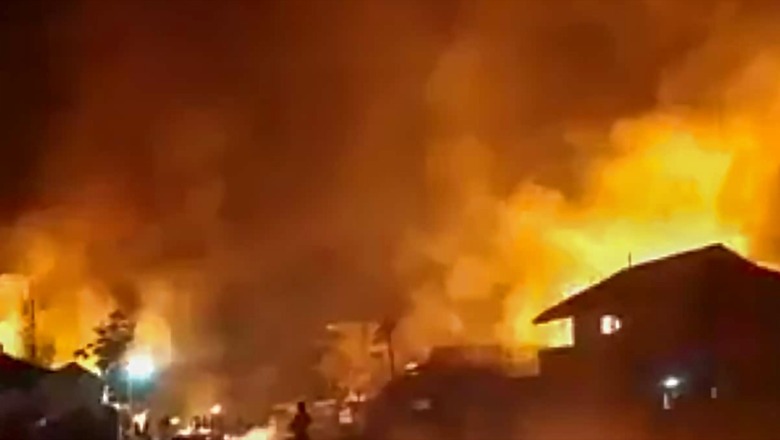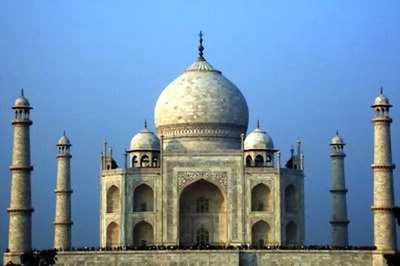
views
The 2021 coup in Myanmar that pushed people from that country into Manipur and prompted the creation of new tribal villages in forests, an announcement of revenue villages without cabinet approval, and a high court judgement that asked for Scheduled Tribe status for Meiteis – these factors may have led to the flare-up in Manipur.
News18 has learnt from government sources that the last two events angered the Meiteis and Kukis, respectively, leading to the violence that erupted on May 3. The Centre was aware of the exodus from Myanmar since last year and took steps to take iris impressions and thumbprints of people coming from the neighbouring country to put them on the ‘negative list’ of voters so they do not become citizens. But an announcement by a Manipur minister to make revenue villages in the hills, without any cabinet approval, created unrest among Meiteis.
“Land allocation is a sensitive issue in Manipur as the hills have 90 per cent of the area but 42 per cent of the population, while the valley has 10 per cent of the area but 60 per cent of the population…Meiteis have always feared that these foreigners could come to the valley one day,” a government source said.
Under the India-Myanmar Free Movement Regime in place since 1968, people from either side can go up to 16 km inside the borders without any visa or passport and stay for 72 hours. The narcotics trade in the region had also grown since the coup in Myanmar which also became a reason for the violence. For example, the seized quantity of drugs in 2022 increased to 10,232 kg, from 2,707 kg in 2021 and only 1,996 kg in 2020.
What angered the Kukis, meanwhile, was a high court judgement in mid-April that asked the state government to take action on the inclusion of Meiteis in the ST list by May 19. Government sources say this judgement came from the court without consulting the Centre or the state. The Supreme Court has also criticised the ruling. The government went in for a review before the high court around the end of April but the concerned judge was on leave. Seeing that the decision would not be reviewed, violence broke out on May 3 from the Kukis who started a protest. The Centre acted quickly by rushing in 36,000 central forces within 30 hours. The high court subsequently stayed its judgement for a year.
Government sources also point out how Manipur has a history of insurgency and tribal violence, including the Naga-Kuki clash in 1993 that went on from April till December and the impact of which was felt on the state for almost a decade as 750 deaths were reported and 350 villages were uprooted. It had taken 14 days for the CRPF to reach Manipur then. Only the minister of state for home replied in Parliament on the Manipur issue and went on a 3.5-hour visit to the state, of which he spent two hours at the airport and an hour at the CM’s house, said the sources.
The Centre is now fast-tracking a survey of the Manipur-Myanmar border for a fencing project to stop infiltration and a 10-km area has been fenced in Moreh while 100 km of fencing is on. This was started after the exodus from Myanmar began in 2022.



















Comments
0 comment